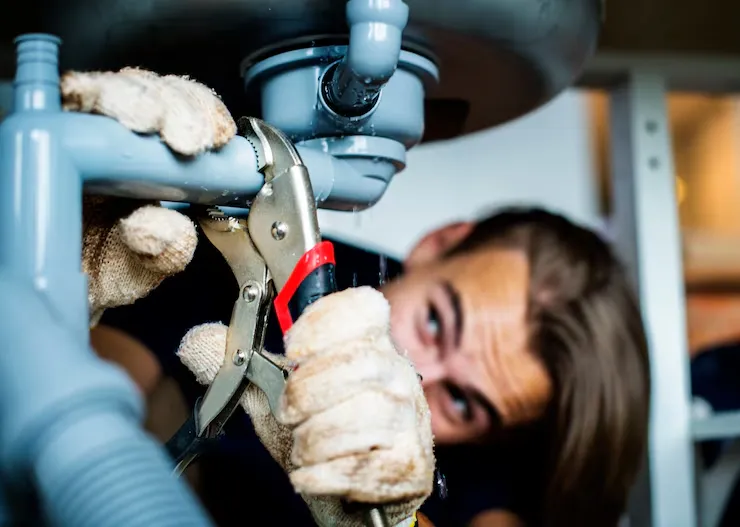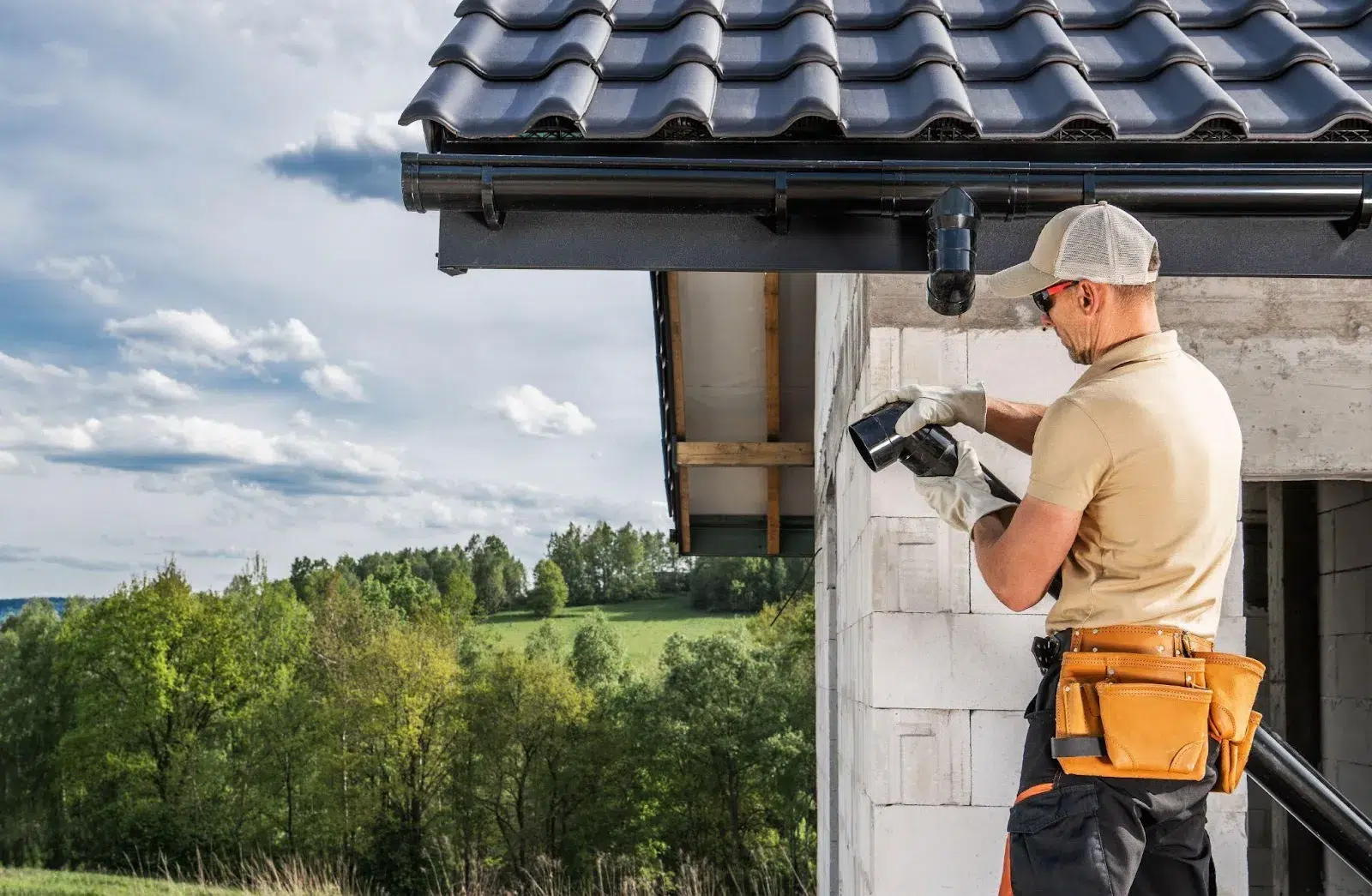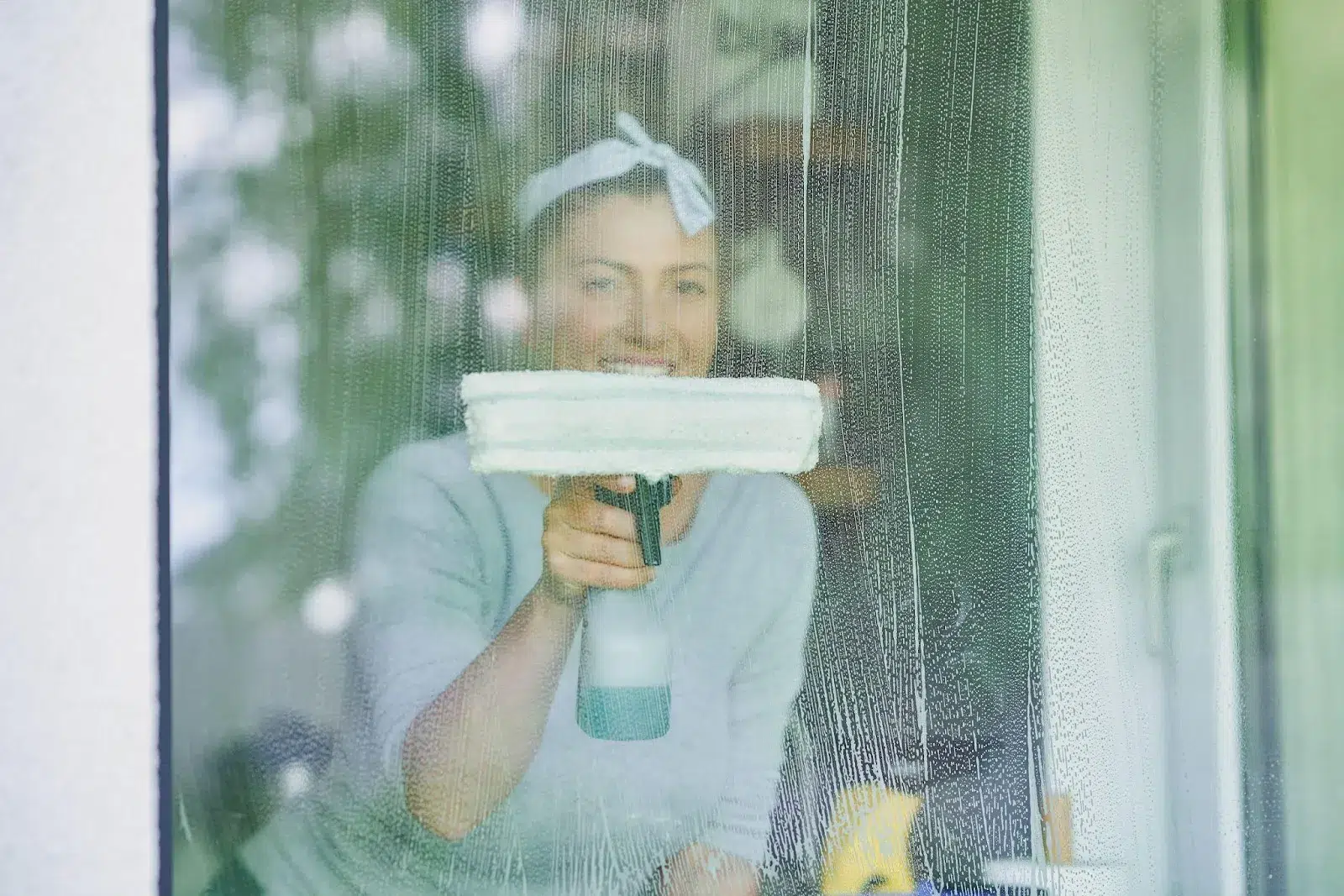Aging is a universal process. It happens to all of us, but it does not have to be a bad experience as most people would assume. According to most seniors, the past year of their lives have been normal or better than average. More and more seniors are choosing to age in place in their home, rather than live in a retirement home. Aging in place means having the health and social services necessary to live independently and safely in one’s home for as long as possible, as well as to the maximum of one’s capability, including access to top 5 services.
“I’ve lived here for so long. No other place truly feels like home.” – Maheswaran Vaithilingim.
If you have older parents, it would be wise to start planning for their care sooner than later. You will be more prepared to respond to their changing needs the older they grow. Start questioning your parents and ask them what their goals are and what kind of lifestyle they want to attain.
The following chart shows the most requested top 5 services by seniors. It is important to keep in mind that this is an approximation and that these exact percentages may not reflect the reality at hand. At the end of the day, every individual is unique and has differing needs. A “one-size-fits-all” solution does not exist. Older adults are just as diverse as any other age group regarding ethnicity, sex, education, income, and health. Individual seniors have particular needs that can be addressed through multidisciplinary collaboration, in the form of tailored programs and interventions.
Market Drivers
Canada’s population is aging. According to results from a 2015 Canadian census, over 15% of our population consisted of people over the age of 65. Canada’s aging population will continue to take up a larger share of the total population. By 2024, it is estimated that seniors will make up 20.1% of our population. By 2036, it is projected that seniors will make up 25% of Canada’s population. People of 85 years of age and older are making up the fastest growing age group in Canada, which grew by 127% between 1993 and 2013. Statistics Canada predicts that there will be over 62,000 Canadians aged 100 and older by 2063.
In 2012, 2.2 million Canadians aged fifteen years and older received support at home due to long term aging related issues. Seniors are most likely to receive care at home, that is why nine out of ten Canadians agree that a national seniors strategy should be put in place to address their needs along a full continuum of care.
Challenges
The rise in life expectancy in Canada’s aging population is partly due to advances in medicine, nutrition, sanitation, and education, which is a significant accomplishment. This is a cause for celebration, however it comes with a price. Population aging presents social, cultural, and financial difficulties to individuals, families, and their communities which negatively impact the quality of their life. With the proportion of seniors growing faster than any other age group, there are concerns about the capacity to deal with this demographic shift. The future of care is dependent on how effectively we address the challenges of population aging with feasible solutions.
- Housekeeping and Property Maintenance
As your parents age, they will find it more difficult to conduct household chores and perform property maintenance. Small routine tasks like cutting the grass and shoveling snow can eventually get beyond an elders capacity. According to one elderly woman, it is important to have someone help with household chores, It becomes even more troublesome when these individuals cannot get informal support from their friends and family. It can be hard to trust strangers and allow them into their homes especially when you do not have the time and the resources to conduct background checks on every worker.
- Accessibility
Accessibility services are in great demand by seniors because safety is essential. This also allows seniors and their families to have peace of mind, knowing that there is less of a chance that a senior may fall in the home and break their hip. Getting in and out of the bath is a common problem. This not only requires seniors to take greater care, but restricts the number of times they would actually take a bath.
- Personal Support
Not surprisingly, personal support is among the most requested services by seniors. There comes a point in time when a senior’s health deteriorates to the point where they themselves cannot manage it effectively. As seniors get older, they start to require assistance in areas they where they did not before. This includes the six activities of daily living, which are bathing, dressing, toileting, transferring, continence, and feeding.
- Social Interaction
A common hardship faced by many older adults is loneliness. Seniors who are formerly married, the majority of whom are widowed, and those who also live alone are the most likely to need social support. Since they are more unlikely to have easy access to informal sources of support, they are also more unlikely to have their needs met. Conversely, older adults whose needs are met tend to be married and have informal sources of care in close proximity and typically within the same household. Widowhood can have serious consequences for older adults, typically it results in habitating in a one-person household. A common theme present throughout the literature was that lonely older adults just want someone to talk to.
- Transportation and Concierge
Transportation is another major issue for seniors. It hinders them from participating in favourable activities because of costs, accessibility complications, and reliability with planned routes. Regarding public transportation, there are physical difficulties in terms of moving, standing, climbing the stairs, reading route numbers and even walking to the bus stop if it is far from their home. Transit difficulties makes it hard to complete general errands like shopping. Shopping provides purpose and structure to their lives, enabling them to remain independent, however, shopping becomes more and more difficult with age. The return journey can be challenging when heavy bags stretch their physical capabilities. Those who use walking chairs also encounter difficulties getting on and off buses if they are not wheelchair accessible.
Solutions
Feasible, age-friendly solutions must be developed in our communities to optimally enhance care and support for older adults. Meeting our seniors’ needs whether through family, friends, volunteers, or even paid services must be grounded within local communities. Planning at the community level is essential for finding ways to deal with life’s problems because you cannot base your generalization on national data alone. Every situation and context must be taken into consideration when developing optimal solutions for our seniors. Support may be available through the government, but only a portion of seniors are eligible for all levels of assistance. Also, not all top 5 services are covered or available in every community. Some services may be subsidized depending on your income and level of need. Your local seniors center or health care provider can help you determine your parents’ eligibility for government assistance .
- Housekeeping and Property Maintenance
The most requested service by seniors is housekeeping and property maintenance – specifically minor household tasks and odd jobs. Small routine tasks are now beyond their physical capacity, so these seniors just need a little help. However, this only covers one area of safety, a lot of older adults are anxious about not feeling safe in their homes due to the possibility of a break-in and robbery. By setting up an alarm system and maintaining the exterior of their home, it does not give the appearance of looking neglected and easy to enter.
- Accessibility
Many seniors also request accessibility installation and support. A very common request is for a grab rail to be installed in the bathroom shower or bathtub in order to lower the chance of a fall occurring. It is important to consider all aspects of the home when requesting accessibility support, because there are areas of the home that most people would not consider. For example, if a senior has trouble walking up and down the stairs, make sure that there is nothing obstructive in the way that could facilitate a small table.
- Personal Support
A variety of healthcare professionals specialize in this broad field. Personal support workers can aid seniors with their activities of daily living. Occupational therapists are great at problem solving and generating solutions for unique and contextual issues that individual seniors face in the home. Medical doctors can treat seniors for illnesses and injuries. The list goes on…
- Social Interaction
To combat loneliness seniors should make the most out of social groups. Many people spoke positively of such events because it gives them a sense of purpose, providing them an outlet for social networking and companionship. Social clubs were also a good source of information and advice, though they were not necessarily formal, they were found to be a more useful form of help because the knowledge stems from lived experiences. People develop a sense of mutuality and willingness to share information with others, which is why this form of support is effective.
- Transportation and Concierge
Many seniors would benefit from a concierge service that can help them with all, if not most of their errands. This would unload a lot of burden and stress off of them. These individuals can maximize their days by spending time doing things that they are passionate about. Many seniors report having peace of mind, as a result of having someone attend to their needs. This type of support is often coupled with a transportation service. Seniors want assistance conducting errands, that they themselves want be in charge of, that way they can feel independent and in control. A common finding among the literature was that many seniors do not know the depth of the transportation options available for them, even if they are on a tight budget or cannot afford it all. Seniors should be educated, through presentations at social clubs and newsletters about their eligibility for these services.
Conclusion
Aging is an inevitable process, but most people do not know that most seniors rate their lives as being normal or better than average. Seniors are choosing to age in place in their home, rather than live in a retirement home. The services that seniors request most are housekeeping, property maintenance, accessibility, personal support, transportation, concierge and social. Canada’s population is aging. We are now living in a time where there are more seniors than there are children, which is why 90% of Canadians believe that a national seniors strategy should be implemented to address this demographic shift in our population. Even though some people may think that this would take away from their independence, if anything this enables them to do more things and live in a more trusted community. It does not hurt to have a little help, especially if you can potentially get more out of your life as well as more security in your home.
Call To Action
At Custodia, it is our mission make life better in the home of seniors. We specialize in areas of home maintenance, property management, handyman services, and community support. We chose these areas because these services are the most requested by older adults. When your parents need an extra hand and you are not available at the moment, it can be hard to find someone whom you can trust to attend to your their needs. We keep it simple and do all the work for you. We have created a 40-point checklist that our Service Pros need to pass in order to work with us because safety is our number one priority. If you ever need anything, call Custodia. We will always be there for you.



